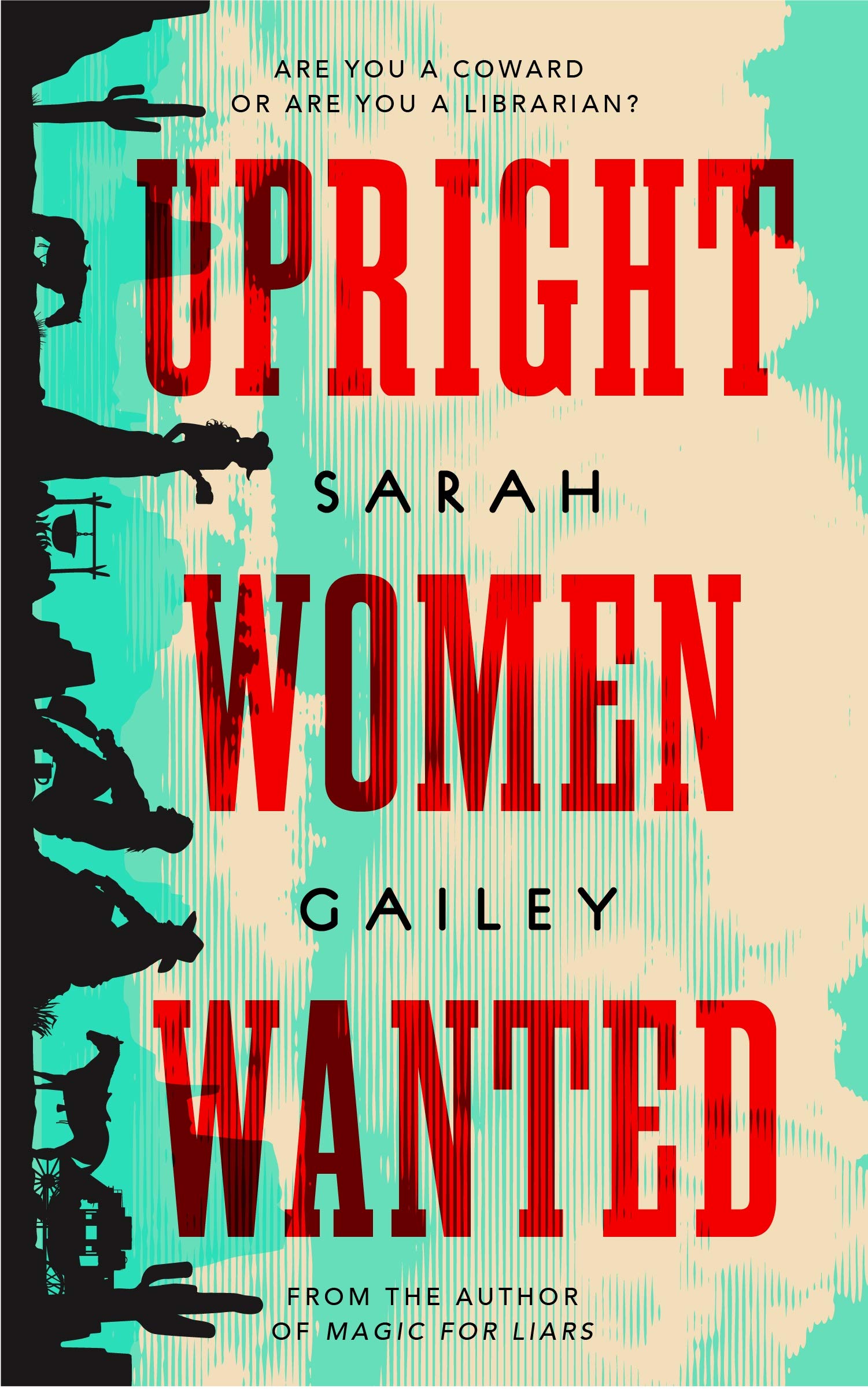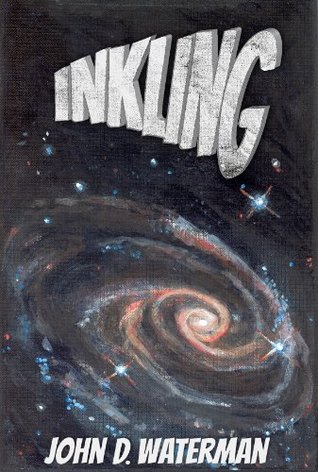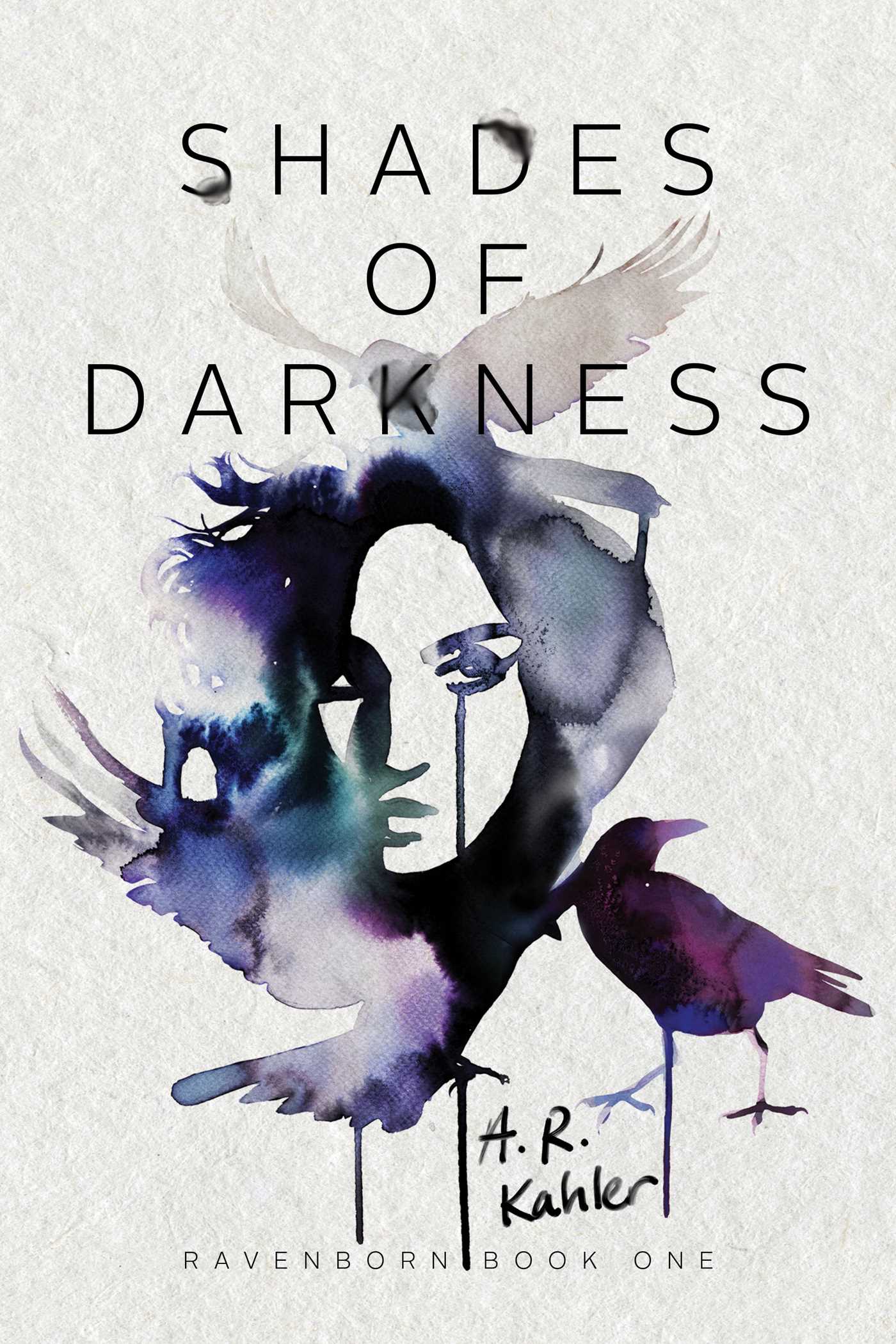 After watching her best friend be executed for possessing resistance propaganda, Esther can’t escape her feelings of guilt. She and Beatrice were lovers, even though they both knew that there could be no happy ending for “people like them.” If nothing else, Esther hopes she can at least escape Beatrice’s fate, by fleeing her hometown and joining the most respectable organization of women she knows: the Librarians, whose job it is to deliver approved reading materials to remote territories. As Esther soon discovers, however, she may already have more in common with Leda, Bet, and Cye than she knows, and the life of a Librarian – sleeping rough, gunslinging, espionage, and all – may suit her just fine.
After watching her best friend be executed for possessing resistance propaganda, Esther can’t escape her feelings of guilt. She and Beatrice were lovers, even though they both knew that there could be no happy ending for “people like them.” If nothing else, Esther hopes she can at least escape Beatrice’s fate, by fleeing her hometown and joining the most respectable organization of women she knows: the Librarians, whose job it is to deliver approved reading materials to remote territories. As Esther soon discovers, however, she may already have more in common with Leda, Bet, and Cye than she knows, and the life of a Librarian – sleeping rough, gunslinging, espionage, and all – may suit her just fine.
Upright Women Wanted takes place in some unspecified future, in a United States caught up in some unending and unspecified war. The vagueness works for this book, which is more novella than novel, as Gailey gives us just enough detail for us to know who to align ourselves with (it’s not hard to choose sides when one of them is executing queer people).
Instead of dwelling on the darkness of the war, Gailey gives us a narrative about how Esther not only survives under this regime of cruelty but thrives, finding a purpose, a chosen family, and rekindled hope, none of which she believed was possible for herself. The fuzzy edges of the plot can be a little distracting at times (Are all Librarians resistance fighters? How have they not been discovered? If not all Librarians are, how is the overall organization infiltrated?), but once you coax yourself to let those details go and just enjoy the story, you’re in for quite a ride.
Though Upright Women Wanted is a future dystopia, the spirit of the story is infused with the best parts of the American West cultural mythology: outlaws, horses, wide-open skies, and a sense of both danger and freedom that often seem to bleed into each other. But even though this novella employs some well-known cultural scenery, I appreciated that it didn’t fall into cliches or harmful tropes (there is a non-binary character who could be in danger if Esther slips and uses the wrong pronouns in public, but this is not one of the conflicts of the story).
This is a great book for a breezy afternoon read if you’re looking for a story with a cast full of queer characters and interesting women. And, of course, it features librarians as the heroes we all know they already are!
A copy of this book was provided by the publisher, Tor.com, for review.


